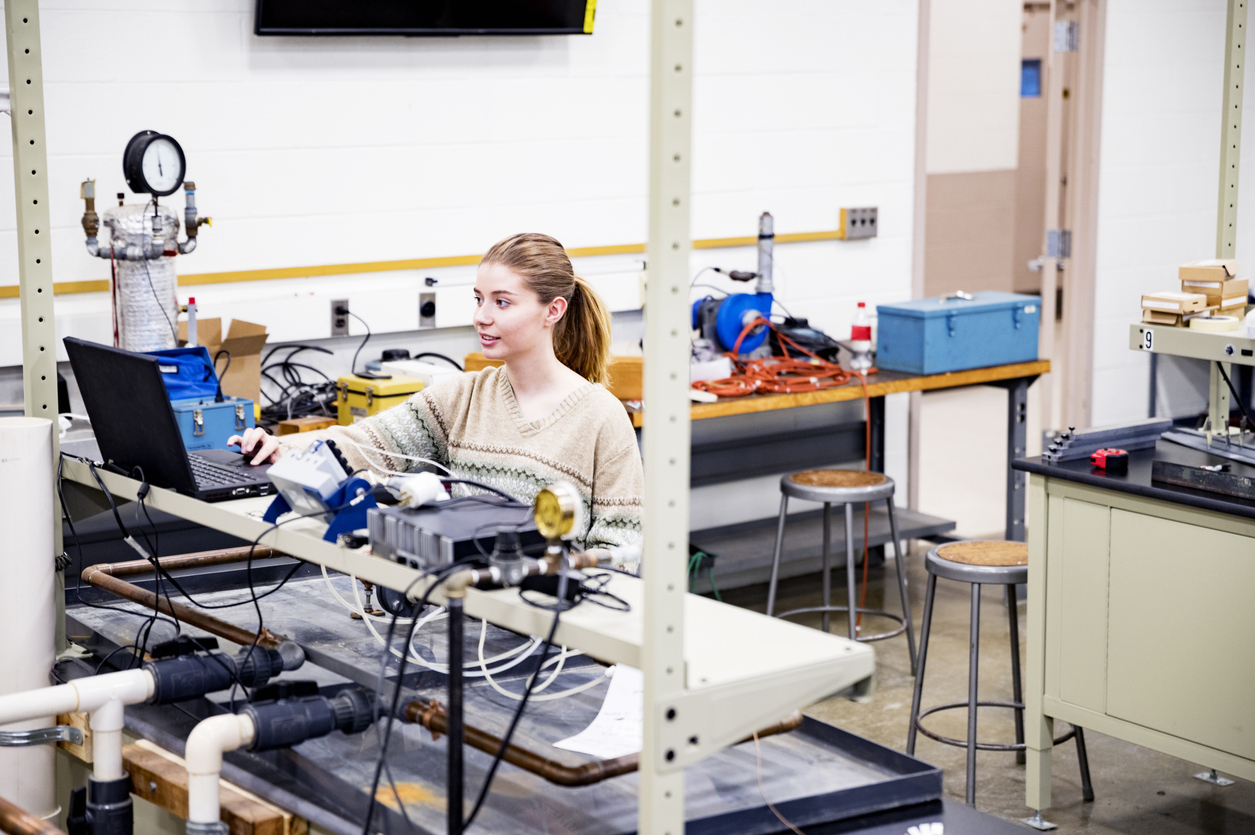Why Social Science Students Should Learn Mathematics

A number of educational programmes at HSE University combine subject training with the in-depth study of computer science and complex digital tools and services. One such undergraduate programme is Computational Social Sciences (CSS), which first-year students enrolled in Psychology, Public Administration, Political Science, or Sociology can switch to. In this interview, Deputy Dean of the Faculty of Social Sciences Daria Prisyazhniuk and the programme’s Academic Supervisor Evgeny Sedashov explain the programme’s content and how to enrol.
— How did the idea of the CSS programme come about?
Evgeny Sedashov:
— The idea of the programme was that students in our programmes, while continuing to study their chosen subject area, would also gain advanced competencies in data analysis and mathematical modelling. The programme is the result of our faculty's collective creative work.
Daria Prisyazhniuk:
— Of course, we had thought about giving students deeper knowledge in computational political science, sociology, psychology, and public administration before, but it was in 2021 that it became clear how to organise a separate programme. In addition, we were joined by colleagues who were ready to implement it.
— Selection for the CSS programme is not carried out as part of a regular admissions campaign, but immediately after students are enrolled in the first year; decisions are made based on the results of a separate exam in mathematics. Why?
Е.S.:
— The disciplines that our students will have to study require certain initial preparation and a lot of work. The mathematics exam allows us to identify those who are prepared and who will not have to worry about how to survive in an unfamiliar environment during the learning process. By the way, there is no direct correlation between the exam results and how students learn. Students who pass with a middling score can achieve great results later if they put the effort in.
— Does the learning process take into account what field the student has entered into at HSE University? Are sociologists and psychologists trained differently?
Е.S.:
— The block of technical and computing disciplines is the same for all our students. At the same time, everyone studies the subjects included in the curriculum of their main programme and attends classes with students of these programmes. For example, for sociologists this is the sociological theory, for managers it is macro- and microeconomics, for psychologists it is the anatomy of the central nervous system, etc.
Of course, students in our programme communicate with each other, exchange experiences and create interdisciplinary synergy. They may opt to write their coursework not in their main field—for example, if a sociologist is interested in an issue from the field of psychology. They also study research methodology together.
— What conclusions can you make now that the programme has been implemented for over a year? Was the experiment a success?
Е.S.:
— We will be able to draw our final conclusions after the first graduation, but the experience has been successful so far. Our students are already proving themselves as researchers. Some work in scientific laboratories and participate in research projects.
The hackathon, which was organised together with VK for the entire faculty, was attended mainly by CSS students, and the company representatives who gave technical assignments were pleasantly surprised by the high level of their training. All of them were able to offer a technical solution in the form of a program code, and this indicates their readiness to solve real industry tasks.
After the first year, some students underwent introductory practice at Moscow's Information Technology Department, and we received positive feedback about them.

—What will be written on your graduates' diplomas? In what field will they graduate from HSE University?
D.P.:
— After the first year, each student can choose one of two routes.
As part of the first route, one can graduate in two fields (the one they originally enrolled in and Applied Mathematics and Computer Science). We believe that the possibility to master two areas of training is one of the main competitive advantages of the programme.
As part of the second route, students remain in the original field but with advanced instrumental disciplines in the curriculum.
The duration of study for both routes is the usual four years.
— What will graduates of CSS do?
Е.S.:
— In terms of the industry, this is primarily data analysis, the use of machine learning and artificial intelligence to solve specific problems, be it organising a public opinion poll, conducting an election campaign, or analysing content on social networks. If we talk about academic work, our graduates will be able to utilise the most modern tools in research. The demand for such specialists is very high.
The strength of our graduates is their understanding of an issue's technical side. The point is not even that they will be able to write the code themselves if necessary—it is important that they understand what technologies exist and how to use them. Our graduates are team leaders who know how to establish interaction between those who set tasks and those who implement technical solutions.

— What is your advice to future applicants planning to enrol in one of the areas at the Faculty of Social Sciences and who are looking into the CSS programme?
—To read scientific journals in their chosen field, when possible, and study mathematics. If applicants do not plan to take the specialised Unified State Examination in mathematics, they will need to prepare separately for our exam. A demo version with analysis is available on our website.
The CSS programme is a response to the challenges of our time. On the one hand, there is demand from science, where advanced data analysis methods are used today. If we want to continue producing world-class research, we must train specialists who can do it. On the other hand, there is demand from the industry, which needs specialists in the field of social sciences who can deal with analytics at the intersection of different knowledge areas.
Our programme is waiting for applicants who are interested in evidence-based social sciences and who have no doubt that mathematics has a place in every scientific discipline today.

